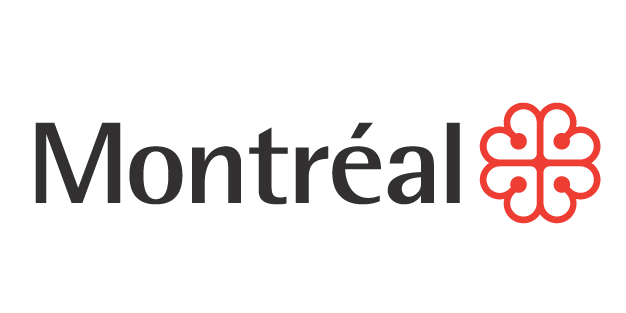In the first-ever Canadian Provincial Energy Efficiency Scorecard published by Efficiency Canada, it is noted that despite Québec’s enviable position as a national leader (2nd place), the potential for improvement with respect to energy efficiency policies remains high. In the strategic building sector, for example, Québec obtained only 9 of the 18 points possible.
While Québec has obtained the maximum points allotted for the category appliance and equipment market transformation, notably thanks to provincial standards that are more restrictive than those of the federal government, the greatest potential for improving its ranking lies in the area of building codes and building code compliance activities.
Québec would do well to take inspiration from best Canadian practices for improving the energy efficiency of its buildings. For example:
- British Columbia has established a progressive efficiency code for buildings greater than four storeys or 600 square metres in footprint area. The province has also committed to implementing a net-zero energy code for these buildings by 2032.
- Newfoundland and Labrador received points for the training it provides on the building code and its compliance tools for the development of two publicly available training guides.
- C. utilities are required to spend at least 1% of their budgets on codes and standards for the BC Demand-Side Measures Regulation.
Efficiency Canada has announced that their next scorecard may assess progress related to the adoption of a building upgrade code based on energy savings. The addition would be timely given that approximately 85% of the 2050’s buildings already exist.
Québec received 1 point for implementing its Building Energy Challenge [Défi énergie en immobilier], a program promoting the voluntary disclosure of energy consumption data. To double its points in this category, the province would be wise to establish a similar program in the residential sector.
To learn more, consult the study, available in both English and French, or the individual provincial scorecards.







